Home>Articles>My Garage Door Makes A Loud Noise When Opening
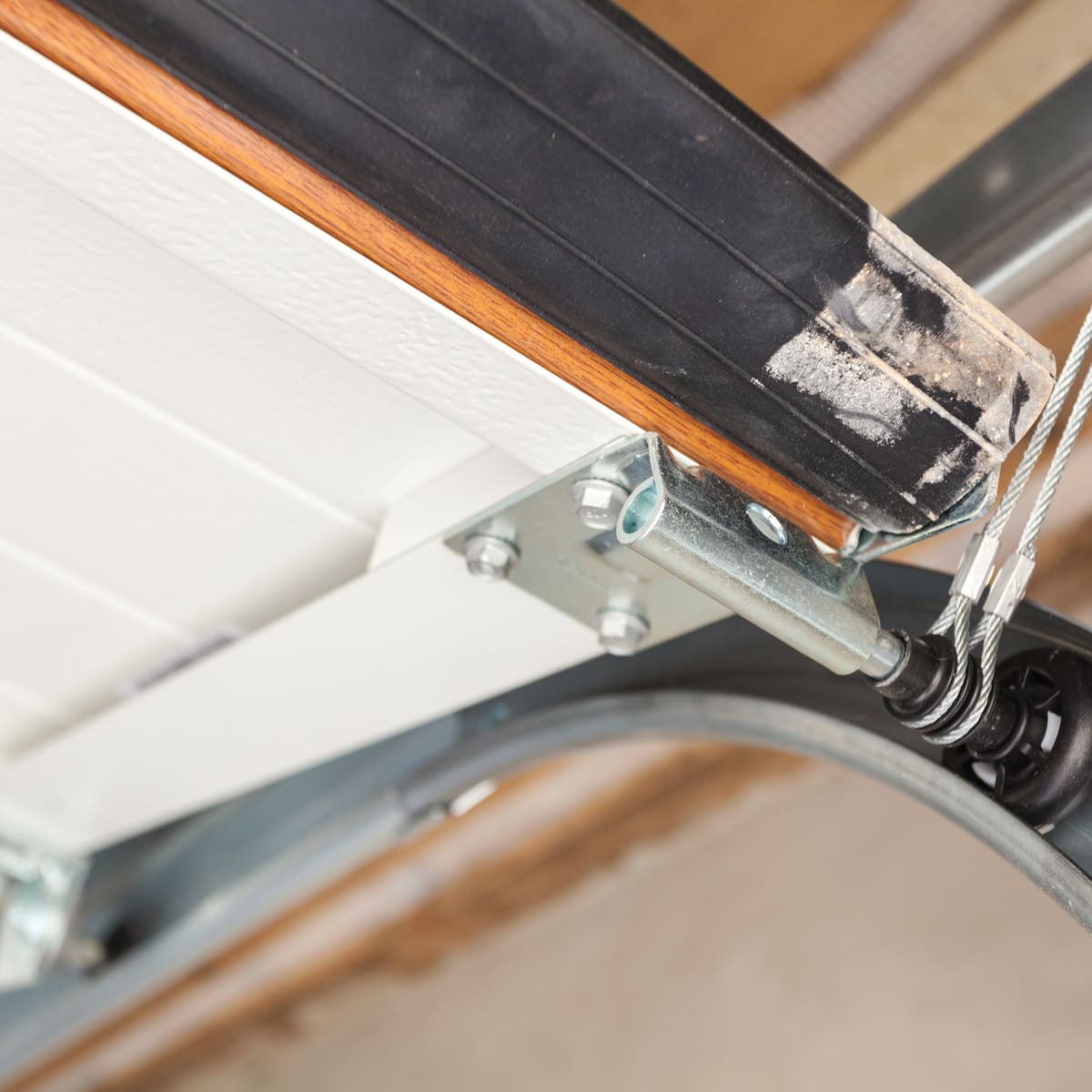

Articles
My Garage Door Makes A Loud Noise When Opening
Modified: February 23, 2024
If your garage door makes a loud noise when opening, our articles can help you troubleshoot the issue and provide solutions for a quieter operation.
(Many of the links in this article redirect to a specific reviewed product. Your purchase of these products through affiliate links helps to generate commission for Storables.com, at no extra cost. Learn more)
Introduction
When you open your garage door, do you hear a loud noise that makes you cringe? If so, you’re not alone. Many homeowners experience this issue and wonder what could be causing the unsettling noise. A noisy garage door can be not only annoying but also indicate underlying problems that need to be addressed.
Understanding the possible causes of a loud garage door noise is essential in order to identify and resolve the issue. In this article, we will explore the most common reasons behind a noisy garage door and provide you with effective solutions to fix the problem.
Keep in mind that while some of the issues may be easily resolved, others may require professional assistance. It is important to prioritize the safety of yourself and others when working with garage door components. If you are unsure or uncomfortable with performing the necessary repairs, it is always best to consult a professional garage door technician.
Now, let’s dive into the possible causes of your loud garage door noise and how you can address them.
Key Takeaways:
- Addressing the specific causes of a loud garage door noise, such as worn-out rollers and loose hardware, can restore quieter and more efficient operation to your garage door, enhancing your overall experience.
- Implementing weatherproofing solutions, such as insulation and proper lubrication, can minimize the impact of external factors on your garage door noise, creating a more comfortable and noise-free environment in your garage.
Read more: Why Is My Freezer Making A Loud Noise
Possible Causes of the Loud Noise
A loud noise when opening your garage door can be caused by various factors. Here are some of the most common reasons:
- Worn-out Rollers: Over time, the rollers that allow your garage door to move smoothly along the tracks can become worn out. This can lead to friction and loud noises when the door is opening or closing.
- Loose Hardware: Garage doors have many components, and if any of the hardware such as screws, bolts, or hinges become loose, it can result in rattling and squeaking noises.
- Misaligned Track: If the track that guides your garage door is misaligned, it can cause the door to jerk and create loud grinding or scraping noises.
- Lack of Lubrication: Garage door components need regular lubrication to operate smoothly. If the moving parts such as hinges, springs, or rollers are not properly lubricated, they can create friction and generate loud noises.
- Damaged Springs: Garage door springs provide the necessary tension for the door to open and close smoothly. If the springs are damaged or worn out, they can produce a loud banging or popping sound when the door moves.
- Problem with the Motor or Opener: A malfunctioning motor or opener can also cause loud noises. Issues such as loose belts, worn-out gears, or motor malfunctions can result in screeching or grinding sounds.
- Weather Conditions: Extreme temperatures or humidity can affect your garage door’s performance. In cold weather, metal components may contract, causing noisy operation. Similarly, high humidity can cause parts to swell or stick, leading to unusual noises.
Identifying the specific cause of your noisy garage door will help you determine the best course of action to resolve the issue. In the following sections, we will discuss how you can fix each of these problems.
Worn-out Rollers
One common cause of a loud garage door noise is worn-out rollers. Rollers are small wheels that help the garage door slide along the tracks smoothly. Over time, these rollers can become worn out, resulting in increased friction and noise.
To address this issue, you will need to inspect your rollers and replace any that show signs of wear and tear. Here’s a step-by-step guide on how to do it:
- Disconnect the power: Before you start any repair work on your garage door, make sure to disconnect the power source to avoid any accidents.
- Inspect the rollers: Examine the rollers closely and look for signs of wear, such as cracks, flat spots, or loose bearings. If you notice any of these issues, it’s time to replace them.
- Purchase new rollers: Visit a local hardware store or contact a garage door supplier to purchase new rollers. Make sure to get the correct size and type of rollers that are compatible with your garage door.
- Remove the old rollers: To remove the old rollers, use a socket wrench to loosen the bolts holding the roller brackets in place. Once the brackets are loose, simply slide the rollers out from the brackets.
- Install the new rollers: Insert the new rollers into the roller brackets and secure them with the bolts. Make sure they are properly aligned and able to rotate smoothly.
- Test the door: Once the new rollers are in place, reconnect the power and test the door. The noise should be significantly reduced, and the door should open and close smoothly along the tracks.
Remember, if you are not comfortable performing these steps yourself, it is always best to seek the assistance of a professional garage door technician. They have the necessary expertise and tools to ensure the proper replacement of worn-out rollers.
By replacing worn-out rollers, you can eliminate the friction and noise that occur when opening your garage door, providing you with a quieter and more efficient operation.
Loose Hardware
Another culprit behind a loud garage door noise is loose hardware. Garage doors have numerous components like screws, bolts, hinges, and brackets, which can gradually loosen over time due to the door’s constant movement. Loose hardware can create rattling, squeaking, or clanking noises when you open or close the garage door.
Fortunately, addressing this issue is relatively simple. Here’s what you can do to tighten the loose hardware and reduce the noise:
- Inspect the hardware: Start by visually examining all the hardware components of your garage door, including the hinges, brackets, screws, and bolts. Look for any signs of looseness, such as visible gaps or wobbling parts.
- Tighten the screws and bolts: Using a socket wrench or appropriate screwdriver, tighten any loose screws or bolts you identify during the inspection. Make sure not to overtighten them, as this can strip the threads or damage the components. Aim for a snug fit without excessive force.
- Check the hinges: Garage door hinges are prone to loosening, as they are constantly moving during operation. Inspect all the hinges and tighten any loose screws or bolts. If you notice any severely damaged hinges, consider replacing them with new ones.
- Apply thread locker: For added security, you can apply a small amount of thread locker solution to the screws and bolts. This will help prevent them from loosening over time due to vibrations from the garage door’s movement.
- Test the door: Once you have tightened all the loose hardware, test the garage door to see if the noise has reduced. If you still hear any rattling or clattering sounds, double-check for any remaining loose components that may need tightening.
It’s important to ensure that all the hardware is properly tightened to eliminate any unnecessary noise and ensure the smooth operation of your garage door. However, be cautious not to overtighten or strip the screws and bolts, as this can lead to further damage.
If you are uncertain about how to identify and tighten the loose hardware on your garage door, it is recommended to seek the assistance of a professional garage door technician. They have the expertise and experience to identify and resolve any issues with loose hardware effectively.
Misaligned Track
If your garage door is making a loud noise when opening or closing, a misaligned track could be to blame. The track is the vertical or horizontal metal rail that guides the movement of the door. Over time, the track can become misaligned due to various factors, such as accidental impacts, loose screws, or regular wear and tear.
To fix a misaligned track and reduce the noise, follow these steps:
- Carefully inspect the track: Before attempting any adjustments, visually inspect the track to determine the extent of misalignment. Look for any noticeable gaps, bends, or obstructions along the track’s path.
- Loosen the bolts: Using a socket wrench, loosen the bolts or screws that secure the track brackets to the wall. Be cautious not to remove them entirely, as you will need to adjust the track while they are still partially attached.
- Align the track: Gently push or pull the misaligned section of the track until it is straightened. Start at the bottom of the track and work your way up, applying gradual pressure to adjust the alignment. Use a level to ensure the track is straight both horizontally and vertically.
- Secure the track: Once the track is aligned, tighten the bolts or screws that were loosened in step 2. Ensure that they are tightened securely, but be careful not to over-tighten and damage the track or brackets.
- Test the door: After securing the track, test the garage door to see if the noise has improved. It should now move smoothly along the track without any noticeable grinding or scraping sounds.
If you find that the track is severely bent or damaged beyond repair, it may be necessary to replace it entirely. In such cases, it is recommended to consult with a professional garage door technician who can assess the situation and provide appropriate solutions.
Keep in mind that adjusting the track requires precision and careful handling. If you are unsure about performing the adjustment yourself, it is best to seek the help of a professional to ensure the proper alignment and functioning of your garage door.
Lack of Lubrication
A lack of lubrication is a common culprit behind a loud garage door noise. The moving parts of your garage door, such as hinges, springs, rollers, and tracks, require regular lubrication to reduce friction and ensure smooth operation. Without proper lubrication, these components can create grinding, squeaking, or screeching noises when the door is opened or closed.
To address this issue and decrease the noise, follow these steps to properly lubricate your garage door:
- Gather the necessary lubricant: Use a silicone-based or lithium-based lubricant specifically designed for garage doors. Avoid using oils or grease, as they can attract dirt and debris, leading to more problems.
- Disconnect the power: Before you begin lubricating the garage door, make sure to disconnect the power source to prevent accidental activation or injury.
- Lubricate the hinges: Apply a small amount of lubricant on each hinge, focusing on the pivot points and moving parts. Use a cloth or small brush to spread the lubricant evenly and remove any excess. Ensure that all the hinges are well lubricated.
- Lubricate the rollers: Turn your attention to the rollers and apply lubricant to each one. Roll the door up and down a few times to distribute the lubricant evenly. Again, remove any excess lubricant.
- Lubricate the tracks: Use a cloth to remove any debris or dirt from the tracks. Then, apply a thin layer of lubricant along the entire length of the tracks. Make sure to lubricate both the vertical and horizontal sections of the tracks.
- Lubricate the springs: Apply a light coating of lubricant to the torsion or extension springs. Take caution not to overapply, as too much lubrication can result in a buildup of residue.
- Test the door: After lubricating all the necessary parts, reconnect the power and test the garage door. The noise should be significantly reduced, and the door should operate much more smoothly.
Remember to periodically lubricate your garage door to maintain its smooth operation and prevent unnecessary noise. Follow the manufacturer’s recommendations or consult a professional for guidance on the frequency and type of lubricant best suited for your specific garage door.
By keeping the moving parts properly lubricated, you can minimize friction and noise, ensuring a quieter and more efficient garage door opening and closing experience.
Damaged Springs
One of the most critical components of a garage door system is the springs. Garage door springs provide the necessary tension to support the weight of the door and facilitate its smooth operation. However, over time, these springs can wear out or become damaged, resulting in a loud banging, popping, or squeaking noise when the door is in motion.
Dealing with damaged springs can be dangerous and should typically be left to professionals. However, here are a few signs that indicate you may have a problem with your garage door springs:
- The door is difficult to open or close
- The door opens partially and then reverses
- You notice gaps or inconsistencies in the spring coils
- You see signs of rust or corrosion on the springs
If you suspect that your garage door springs are damaged, it is important to have them inspected and replaced by a skilled garage door technician. They have the expertise and tools necessary to safely handle and replace the springs.
Attempting to repair or replace garage door springs without proper knowledge and equipment can be extremely dangerous and potentially result in serious injuries. Garage door springs are under high tension and can cause severe harm if mishandled. It is crucial to prioritize your safety and leave spring-related repairs to the professionals.
By addressing damaged springs promptly, you can not only reduce the noise but also ensure the continued safe and reliable operation of your garage door.
Problem with the Motor or Opener
If your garage door is making a loud noise when opening or closing, there may be an issue with the motor or opener. The motor and opener are responsible for the automated functionality of your garage door and can be a source of noise if they are not functioning properly.
Here are some common problems with the motor or opener that can result in loud garage door noises:
- Loose belts: If the belt that connects the motor to the trolley becomes loose, it can cause the garage door to jerk and produce a loud noise.
- Worn-out gears: Over time, the gears inside the motor can wear out, causing grinding or scraping noises when the door is operated.
- Motor malfunctions: If the motor itself is malfunctioning, it can produce unusual and loud sounds when trying to open or close the garage door. This may be indicative of a motor repair or replacement.
- Opener issues: The garage door opener, which includes the remote control and the wall-mounted control panel, may have problems that result in loud operation. This can include issues with the wiring, sensors, or other internal components.
When it comes to motor or opener problems, it is recommended to seek the assistance of a professional garage door technician. They have the knowledge and experience to diagnose the specific issue and offer appropriate solutions.
Do not attempt to repair or adjust the motor or opener yourself, as it involves working with electrical components and can be dangerous. Consulting a professional will ensure the safe and efficient operation of your garage door while minimizing any intrusive noise.
By addressing motor or opener problems promptly, you can effectively reduce the noise and extend the lifespan of these crucial components of your garage door system.
Weather Conditions
Believe it or not, weather conditions can also contribute to a loud garage door noise. Extreme temperatures, humidity, and changing weather patterns can affect the performance and operation of your garage door, leading to unusual sounds.
Here’s how different weather conditions can impact your garage door:
- Cold weather: In colder temperatures, metal components, such as springs and hinges, may contract and become more rigid. This can result in increased friction and noise when the door is being operated.
- High humidity: In areas with high humidity, the moisture in the air can cause parts to swell or stick together. This can interfere with the smooth movement of the garage door and create unwanted noise.
- Changing weather: Fluctuations in temperature and humidity can cause the materials used in garage doors, such as wood or metal, to expand and contract. This expansion and contraction can lead to creaking or popping sounds as the door moves.
To address the effects of weather conditions on your garage door noise, consider implementing the following solutions:
- Insulate your garage door: Adding insulation to your garage door can help regulate the temperature inside, preventing extreme expansion or contraction of the materials. This can minimize noise caused by changing weather conditions.
- Apply lubrication: Apply a silicone-based or lithium-based lubricant to the moving parts of your garage door, especially before the onset of cold weather. This will help reduce friction and noise caused by temperature-related issues.
- Weatherproof your garage: Seal any gaps or cracks around your garage door to prevent drafts and moisture from entering. This can help maintain stable temperature and humidity levels inside the garage, minimizing the impact of weather conditions on the door’s operation.
While you may not have complete control over the weather, implementing these solutions can help mitigate the effects of weather conditions on your garage door noise. If you are unsure how to weatherproof your garage or need assistance with insulation, consult a professional garage door technician for guidance.
By taking proactive measures, you can create a more comfortable and noise-free environment in your garage, regardless of the weather outside.
Regular maintenance of the garage door, including lubricating moving parts and tightening hardware, can help reduce loud noises when opening. Check for worn out parts and replace as needed.
Read more: Lg Washer Making Loud Noise When Spinning
How to Fix the Problem
Now that we’ve discussed the possible causes of a loud garage door noise, it’s time to explore how you can resolve the problem and restore the quiet operation of your garage door. Depending on the specific issue you are facing, here are some general steps you can take:
- Inspect and replace worn-out rollers: Carefully examine the rollers and replace any that show signs of wear and tear. This will help reduce friction and noise. Remember to choose the correct size and type of rollers for your garage door.
- Tighten loose hardware: Inspect all the hardware components of your garage door and tighten any loose screws, bolts, or hinges. This will minimize rattling and squeaking noises.
- Realign the track: If the track is misaligned, gently adjust it until it is straight and secure. Make sure to tighten the track brackets securely to ensure proper alignment.
- Lubricate the moving parts: Apply a silicone-based or lithium-based lubricant to the hinges, rollers, springs, and tracks. This will reduce friction and noise caused by inadequate lubrication.
- Address damaged springs: If you suspect that your garage door springs are damaged, consult a professional garage door technician to inspect and replace them safely. Do not attempt to handle or repair springs on your own, as it can be dangerous.
- Check and repair motor or opener issues: If you suspect a problem with the motor or opener, seek the assistance of a professional technician. They will be able to diagnose and resolve any issues with these components effectively.
- Consider weatherproofing solutions: Insulate your garage door, apply lubrication, and seal gaps and cracks to minimize the impact of weather conditions on your garage door noise.
Remember, while some of these steps can be performed by homeowners, it is crucial to prioritize safety and seek professional help when needed. Garage door components can be complex and dangerous to work with, especially when dealing with springs or electrical systems.
If you are unsure about how to fix the problem or uncomfortable performing the repairs yourself, it is recommended to contact a reputable garage door technician. They have the expertise and experience to accurately diagnose and resolve the issue while ensuring the continued safe and efficient operation of your garage door.
By taking the necessary steps and addressing the specific causes of the loud garage door noise, you can restore peace and quiet to your garage, making your daily use of the garage door a more pleasant experience.
Inspect and Replace Worn-out Rollers
Worn-out rollers are a common cause of a loud garage door noise. To address this issue, you will need to inspect your rollers and replace any that show signs of wear and tear. Here’s a step-by-step guide on how to inspect and replace worn-out rollers:
- Disconnect the power: Before you start any repair work on your garage door, make sure to disconnect the power source to avoid any accidents.
- Inspect the rollers: Examine the rollers closely and look for signs of wear, such as cracks, flat spots, or loose bearings. If you notice any of these issues, it’s time to replace them.
- Purchase new rollers: Visit a local hardware store or contact a garage door supplier to purchase new rollers. Make sure to get the correct size and type of rollers that are compatible with your garage door.
- Remove the old rollers: To remove the old rollers, use a socket wrench to loosen the bolts holding the roller brackets in place. Once the brackets are loose, simply slide the rollers out from the brackets.
- Install the new rollers: Insert the new rollers into the roller brackets and secure them with the bolts. Make sure they are properly aligned and able to rotate smoothly.
- Test the door: Once the new rollers are in place, reconnect the power and test the door. The noise should be significantly reduced, and the door should open and close smoothly along the tracks.
Inspecting and replacing worn-out rollers is a simple yet effective way to reduce noise and ensure the smooth operation of your garage door. However, it’s important to exercise caution and follow safety guidelines when working with garage door components.
If you are not comfortable performing these steps yourself, it is always best to seek the assistance of a professional garage door technician. They have the necessary expertise and tools to ensure the proper replacement of worn-out rollers and handle any other issues that may arise.
By replacing worn-out rollers, you can eliminate the friction and noise that occur when opening or closing your garage door, providing you with a quieter and more efficient garage door system.
Tighten Loose Hardware
Loose hardware is a common culprit for a noisy garage door. Garage doors have numerous components, including screws, bolts, hinges, and brackets, which can gradually become loose due to the door’s constant movement. When the hardware is loose, it can create rattling, squeaking, or clanking noises when you open or close the garage door.
To address this issue and reduce the noise, follow these steps to tighten the loose hardware:
- Inspect the hardware: Start by visually examining all the hardware components of your garage door, including the hinges, brackets, screws, and bolts. Look for any signs of looseness, such as visible gaps or wobbling parts.
- Tighten the screws and bolts: Using a socket wrench or appropriate screwdriver, tighten any loose screws or bolts you identify during the inspection. Make sure not to overtighten them, as this can strip the threads or damage the components. Aim for a snug fit without excessive force.
- Check the hinges: Garage door hinges are prone to loosening, as they are constantly moving during operation. Inspect all the hinges and tighten any loose screws or bolts. If you notice any severely damaged hinges, consider replacing them with new ones.
- Apply thread locker: For added security, you can apply a small amount of thread locker solution to the screws and bolts. This will help prevent them from loosening over time due to vibrations from the garage door’s movement.
- Test the door: Once you have tightened all the loose hardware, test the garage door to see if the noise has reduced. If you still hear any rattling or clattering sounds, double-check for any remaining loose components that may need tightening.
It’s important to ensure that all the hardware is properly tightened to eliminate any unnecessary noise and ensure the smooth operation of your garage door. However, be cautious not to overtighten or strip the screws and bolts, as this can lead to further damage.
If you are uncertain about how to identify and tighten the loose hardware on your garage door, it is recommended to seek the assistance of a professional garage door technician. They have the expertise and experience to identify and resolve any issues with loose hardware effectively.
By tightening the loose hardware, you can significantly reduce the noise and improve the overall performance of your garage door system.
Realign the Track
If your garage door is making a loud noise when opening or closing, a misaligned track could be the culprit. The track is the vertical or horizontal metal rail that guides the movement of the door. Over time, the track can become misaligned due to various factors, such as accidental impacts, loose screws, or regular wear and tear.
To fix a misaligned track and reduce the noise, follow these steps:
- Carefully inspect the track: Before attempting any adjustments, visually inspect the track to determine the extent of misalignment. Look for any noticeable gaps, bends, or obstructions along the track’s path.
- Loosen the bolts: Using a socket wrench, loosen the bolts or screws that secure the track brackets to the wall. Be cautious not to remove them entirely, as you will need to adjust the track while they are still partially attached.
- Align the track: Gently push or pull the misaligned section of the track until it is straightened. Start at the bottom of the track and work your way up, applying gradual pressure to adjust the alignment. Use a level to ensure the track is straight both horizontally and vertically.
- Secure the track: Once the track is aligned, tighten the bolts or screws that were loosened in the previous step. Ensure that they are tightened securely, but be careful not to over-tighten and damage the track or brackets.
- Test the door: After securing the track, test the garage door to see if the noise has improved. It should now move smoothly along the track without any noticeable grinding or scraping sounds.
If you find that the track is severely bent or damaged beyond repair, it may be necessary to replace it entirely. In such cases, it is recommended to consult with a professional garage door technician who can assess the situation and provide appropriate solutions.
Keep in mind that adjusting the track requires precision and careful handling. If you are unsure about performing the adjustment yourself, it is best to seek the help of a professional to ensure the proper alignment and functioning of your garage door.
By realigning the track, you can greatly reduce the noise and allow your garage door to operate smoothly and quietly.
Read more: Refrigerator Noise Stops When Door Open
Lubricate the Moving Parts
A lack of lubrication is a common cause of a loud garage door noise. The moving parts of your garage door, such as hinges, springs, rollers, and tracks, require regular lubrication to reduce friction and ensure smooth operation. Without proper lubrication, these components can create grinding, squeaking, or screeching noises when the door is opened or closed.
To address this issue and decrease the noise, follow these steps to properly lubricate your garage door:
- Gather the necessary lubricant: Use a silicone-based or lithium-based lubricant specifically designed for garage doors. Avoid using oils or grease, as they can attract dirt and debris, leading to more problems.
- Disconnect the power: Before you begin lubricating the garage door, make sure to disconnect the power source to prevent accidental activation or injury.
- Lubricate the hinges: Apply a small amount of lubricant on each hinge, focusing on the pivot points and moving parts. Use a cloth or small brush to spread the lubricant evenly and remove any excess. Ensure that all the hinges are well lubricated.
- Lubricate the rollers: Turn your attention to the rollers and apply lubricant to each one. Roll the door up and down a few times to distribute the lubricant evenly. Again, remove any excess lubricant.
- Lubricate the tracks: Use a cloth to remove any debris or dirt from the tracks. Then, apply a thin layer of lubricant along the entire length of the tracks. Make sure to lubricate both the vertical and horizontal sections of the tracks.
- Lubricate the springs: Apply a light coating of lubricant to the torsion or extension springs. Take caution not to overapply, as too much lubrication can result in a buildup of residue.
- Test the door: After lubricating all the necessary parts, reconnect the power and test the garage door. The noise should be significantly reduced, and the door should operate much more smoothly.
Remember to periodically lubricate your garage door to maintain its smooth operation and prevent unnecessary noise. Follow the manufacturer’s recommendations or consult a professional for guidance on the frequency and type of lubricant best suited for your specific garage door.
By keeping the moving parts properly lubricated, you can minimize friction and noise, ensuring a quieter and more efficient garage door opening and closing experience.
Address Damaged Springs
Addressing damaged springs is crucial when it comes to reducing a loud garage door noise. The springs play a vital role in balancing the weight of the door and facilitating its smooth operation. However, over time, springs can become damaged or worn out, leading to loud banging, popping, or squeaking sounds when the door moves.
Dealing with damaged springs can be dangerous and should typically be left to professionals. Here are a few signs that indicate you may have a problem with your garage door springs:
- The door is difficult to open or close
- The door opens partially and then reverses
- You notice gaps or inconsistencies in the spring coils
- You see signs of rust or corrosion on the springs
If you suspect that your garage door springs are damaged, it is important to have them inspected and replaced by a skilled garage door technician. They have the expertise and tools necessary to safely handle and replace the springs.
Attempting to repair or replace garage door springs without proper knowledge and equipment can be extremely dangerous and potentially result in serious injuries. Garage door springs are under high tension and can cause harm if mishandled. It is crucial to prioritize your safety and leave spring-related repairs to the professionals.
By addressing damaged springs promptly, you can not only reduce the noise but also ensure the continued safe and reliable operation of your garage door.
Check and Repair Motor or Opener Issues
If you are experiencing a loud garage door noise, a problem with the motor or opener could be the root cause. The motor and opener are key components of your garage door system, responsible for the automated functionality. Malfunctions or issues with these parts can result in screeching, grinding, or other loud noises when the door operates.
Here are some common motor or opener problems that can lead to loud garage door noises:
- Loose belts: If the belt connecting the motor to the trolley becomes loose, it can cause the garage door to jerk and produce a loud noise.
- Worn-out gears: Over time, the gears inside the motor can wear out, causing grinding or scraping noises when the door is in motion.
- Motor malfunctions: If the motor itself is malfunctioning, it can produce unusual and loud sounds when attempting to open or close the garage door. This may require motor repair or replacement.
- Opener issues: Problems with the garage door opener, such as faulty wiring, sensor misalignment, or internal component damage, can result in loud noises during operation.
If you suspect a problem with the motor or opener, it is recommended to seek the assistance of a professional garage door technician. They have the knowledge and experience to diagnose the specific issue and provide appropriate solutions.
It is important not to attempt to repair or adjust the motor or opener yourself, as it involves working with electrical components and can be dangerous. Consulting a professional will ensure the safe and efficient operation of your garage door while minimizing any intrusive noise.
By addressing motor or opener problems promptly, you can effectively reduce the noise and enjoy the quiet and smooth operation of your garage door system.
Consider Weatherproofing Solutions
Weather conditions can play a role in the noise produced by your garage door. Extreme temperatures, humidity, and changing weather patterns can impact the performance and operation of the door, resulting in unusual sounds. By implementing weatherproofing solutions, you can minimize the impact of weather conditions on your garage door noise.
Here’s what you can do to weatherproof your garage door:
- Insulate your garage door: Adding insulation to your garage door can help regulate the temperature inside, preventing extreme expansion or contraction of the materials. This can minimize noise caused by temperature-related issues.
- Seal gaps and cracks: Inspect your garage door for any gaps, cracks, or openings that allow drafts or moisture to enter. Use weatherstripping or suitable sealants to seal these areas and prevent air infiltration. This will help maintain stable temperature and humidity levels inside the garage, reducing the impact of weather conditions on noise.
- Apply lubrication: Applying a silicone-based or lithium-based lubricant to the moving parts of your garage door can also help reduce noise. This lubrication reduces friction and ensures smooth operation, especially during temperature fluctuations.
- Maintain proper drainage: Ensure that the area around your garage door has proper drainage to prevent water buildup during rainy seasons. Excessive moisture can lead to sticking or rusting of components, causing noisy operation.
- Consider a weather seal or bottom seal: Installing a weather seal or bottom seal on your garage door can further enhance its weatherproofing capabilities. This helps create a better seal between the door and the ground, preventing drafts, water infiltration, and noise caused by weather changes.
By taking these weatherproofing measures, you can minimize the impact of external factors on your garage door noise. These solutions not only improve the comfort and noise levels within the garage but also help to maintain the longevity and efficiency of the entire garage door system.
If you are unsure about how to implement weatherproofing solutions or need assistance, consult a professional garage door technician. They can provide recommendations and ensure that the weatherproofing is done correctly.
By proactively addressing weather-related factors and optimizing the insulation and sealing of your garage door, you can create a more comfortable and noise-free environment in your garage, regardless of the weather conditions outside.
Conclusion
Dealing with a loud garage door noise can be both annoying and concerning. Fortunately, with proper understanding and action, you can address the root causes of the noise and restore a quiet and smooth operation to your garage door.
In this article, we explored several common reasons behind a loud garage door noise, including worn-out rollers, loose hardware, misaligned tracks, lack of lubrication, damaged springs, motor or opener issues, and weather conditions. Each of these factors can contribute to the noise and disrupt the functionality of your garage door.
To fix the problem, we provided practical steps you can take to address each issue. These steps include inspecting and replacing worn-out rollers, tightening loose hardware, realigning the track, lubricating the moving parts, addressing damaged springs, checking and repairing motor or opener issues, and considering weatherproofing solutions.
It’s important to prioritize safety throughout the process. If you are unsure or uncomfortable with performing the necessary repairs, it is always best to consult a professional garage door technician. They have the expertise and experience to handle the job safely and effectively.
By taking the necessary actions to address the specific causes of the loud garage door noise, you can restore quieter and more efficient operation to your garage door. Not only will this enhance your overall experience, but it will also help maintain the longevity and functionality of your garage door system.
Remember, regular maintenance and periodic checks are key to preventing future noise issues. By being proactive and addressing any signs of wear or damage promptly, you can minimize the chances of encountering a loud garage door noise in the future.
Enjoy the benefits of a quieter garage door, providing you with a more peaceful and functional space for your everyday needs.
Frequently Asked Questions about My Garage Door Makes A Loud Noise When Opening
Was this page helpful?
At Storables.com, we guarantee accurate and reliable information. Our content, validated by Expert Board Contributors, is crafted following stringent Editorial Policies. We're committed to providing you with well-researched, expert-backed insights for all your informational needs.
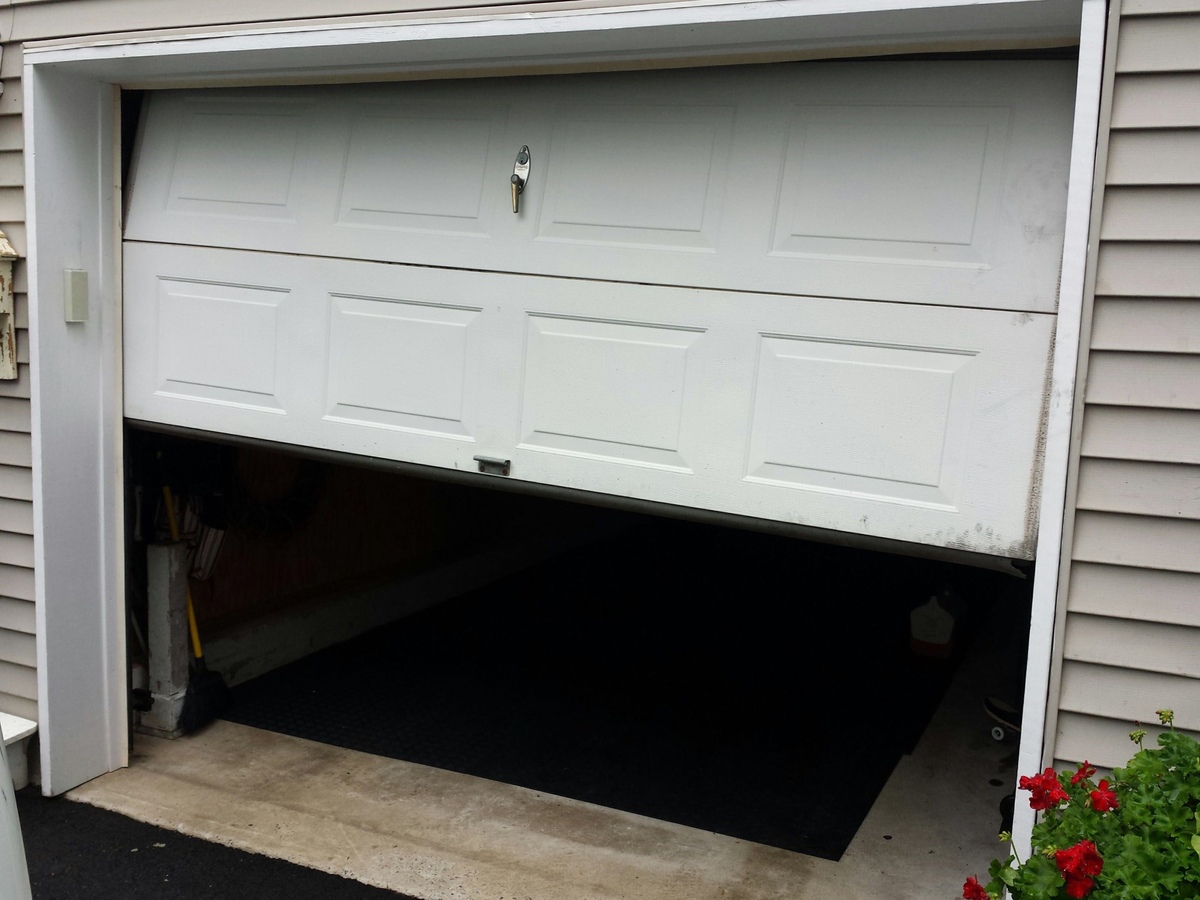
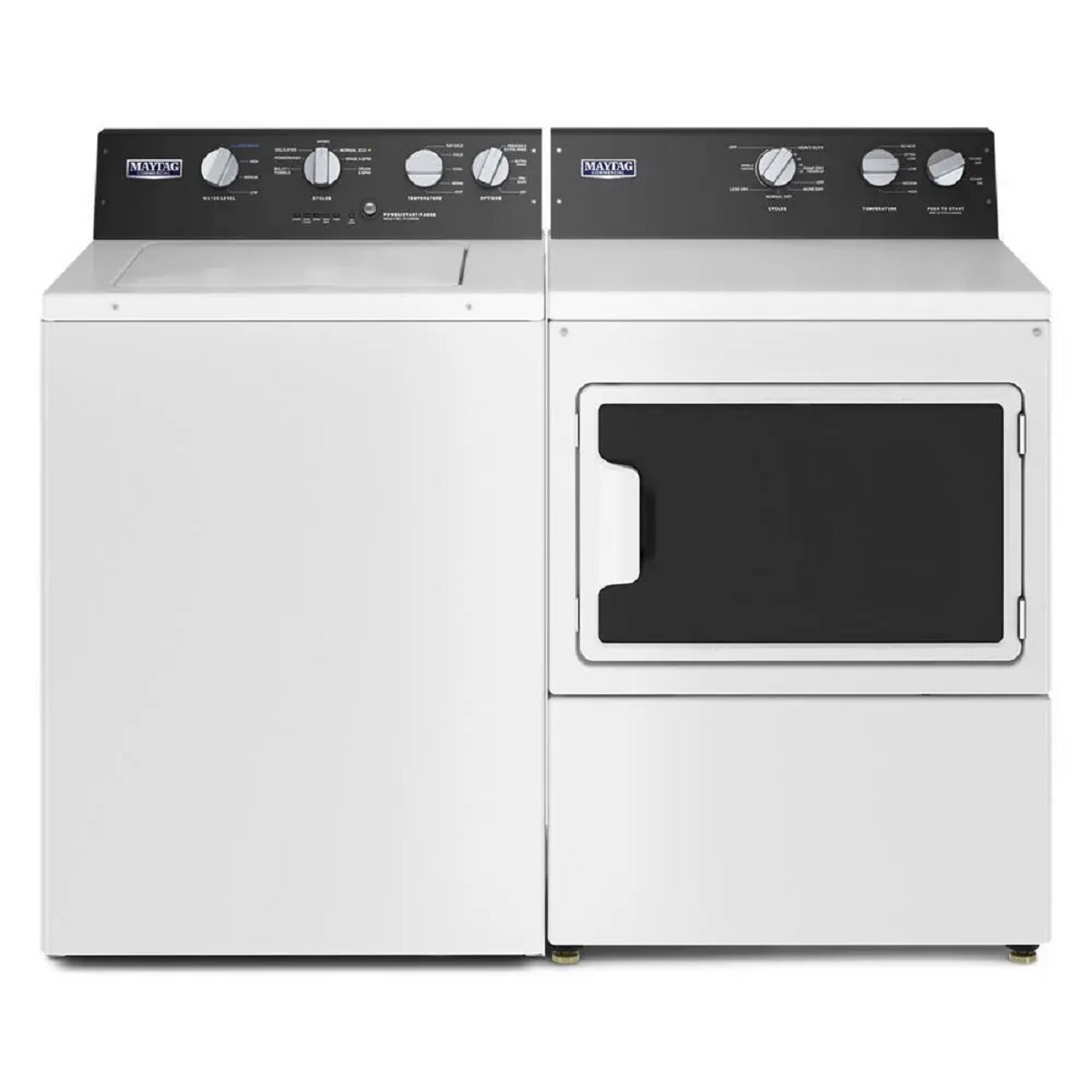
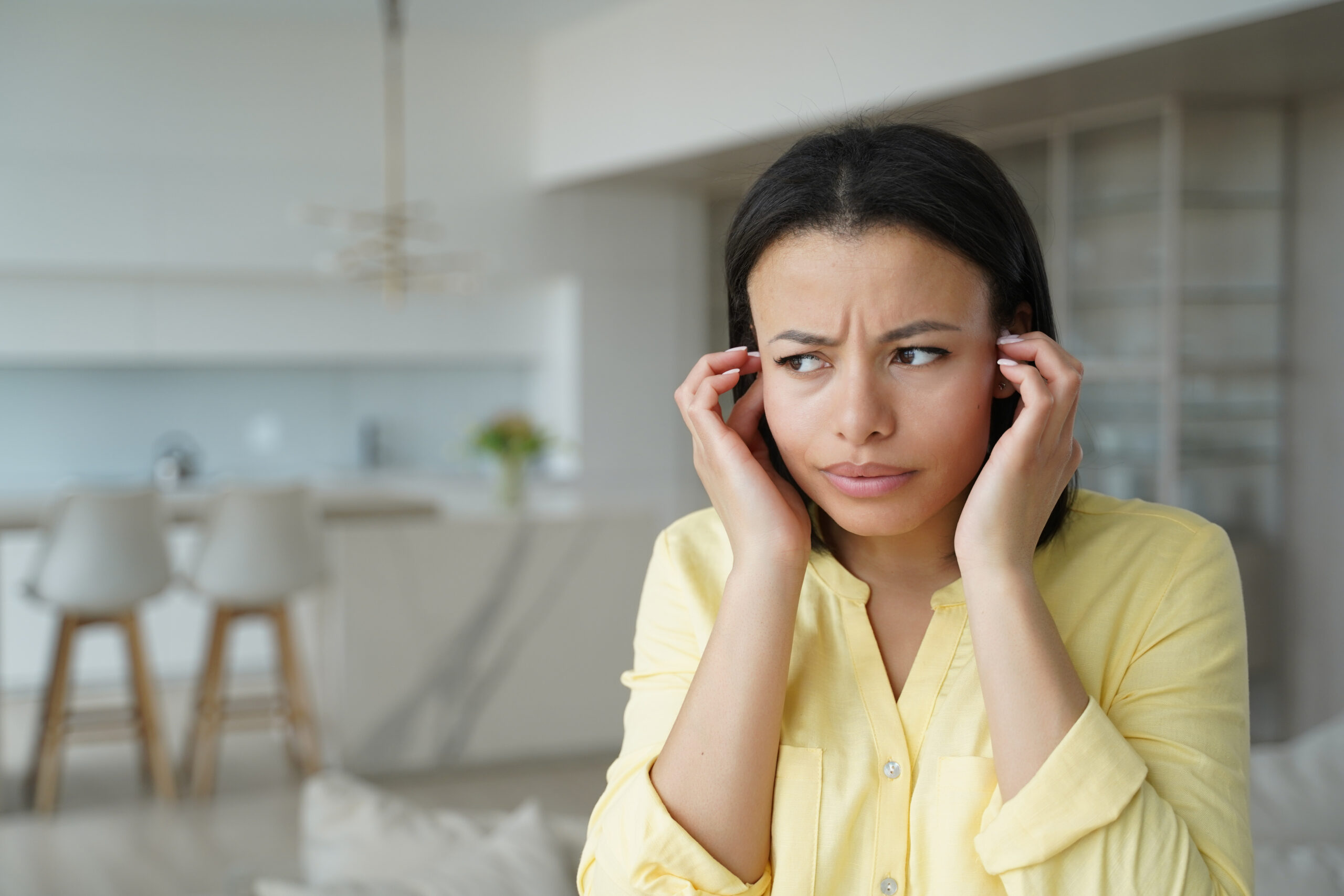
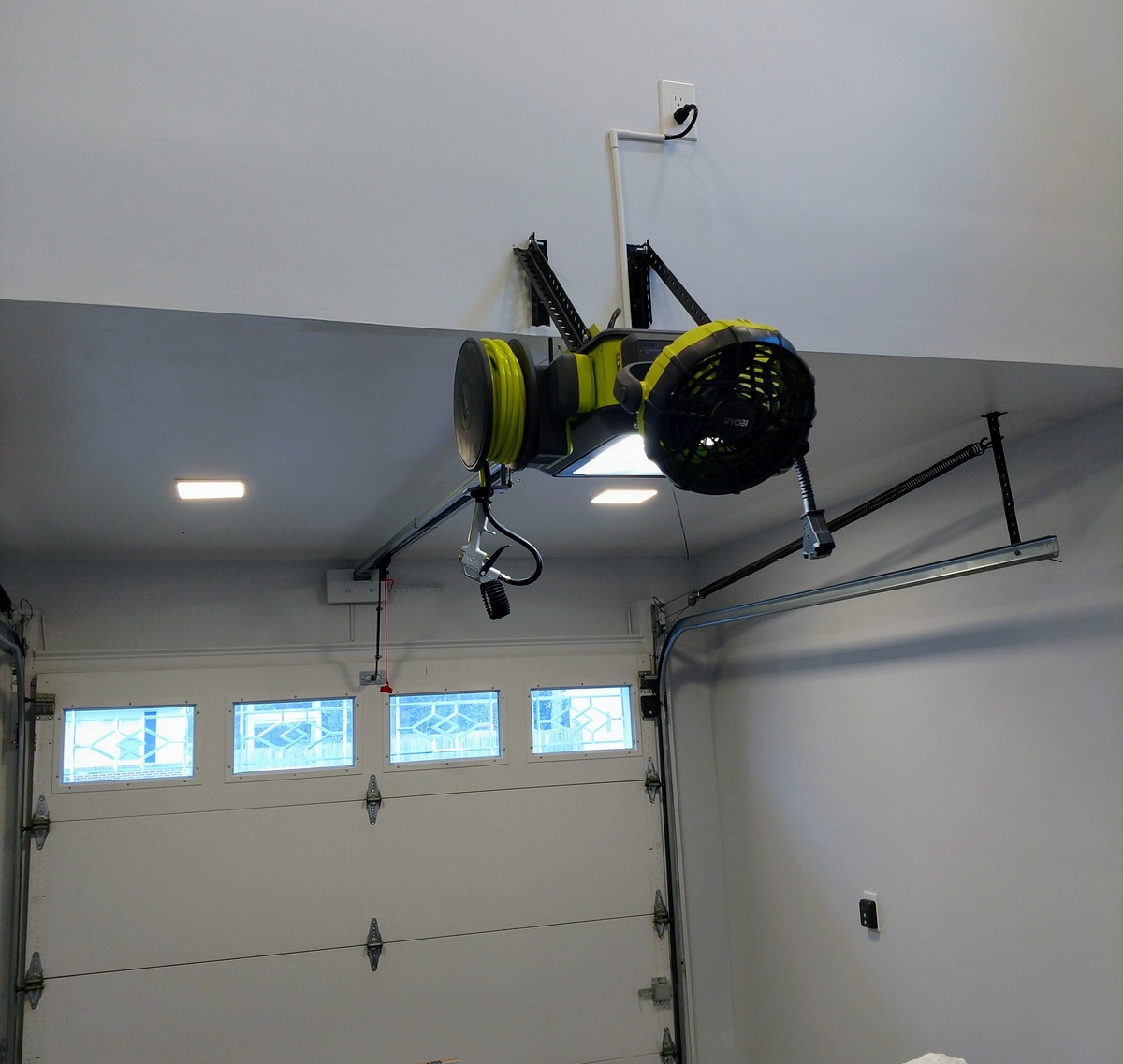
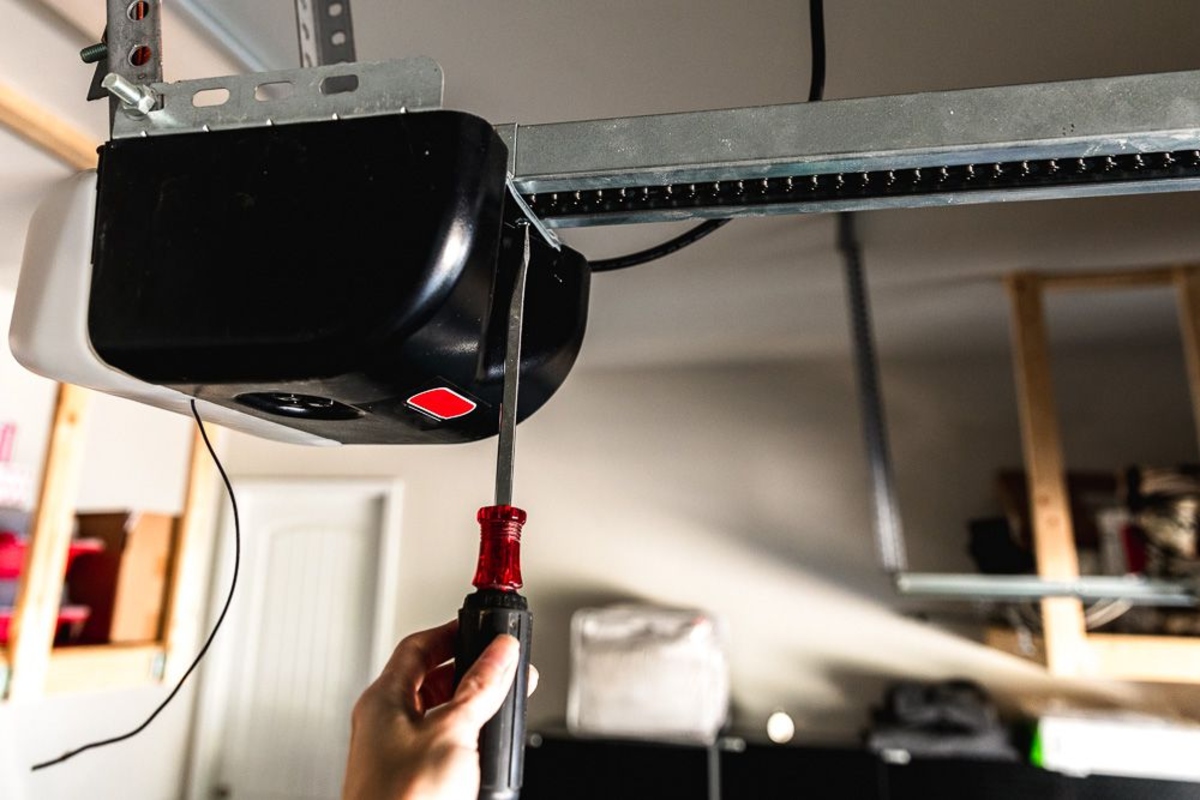
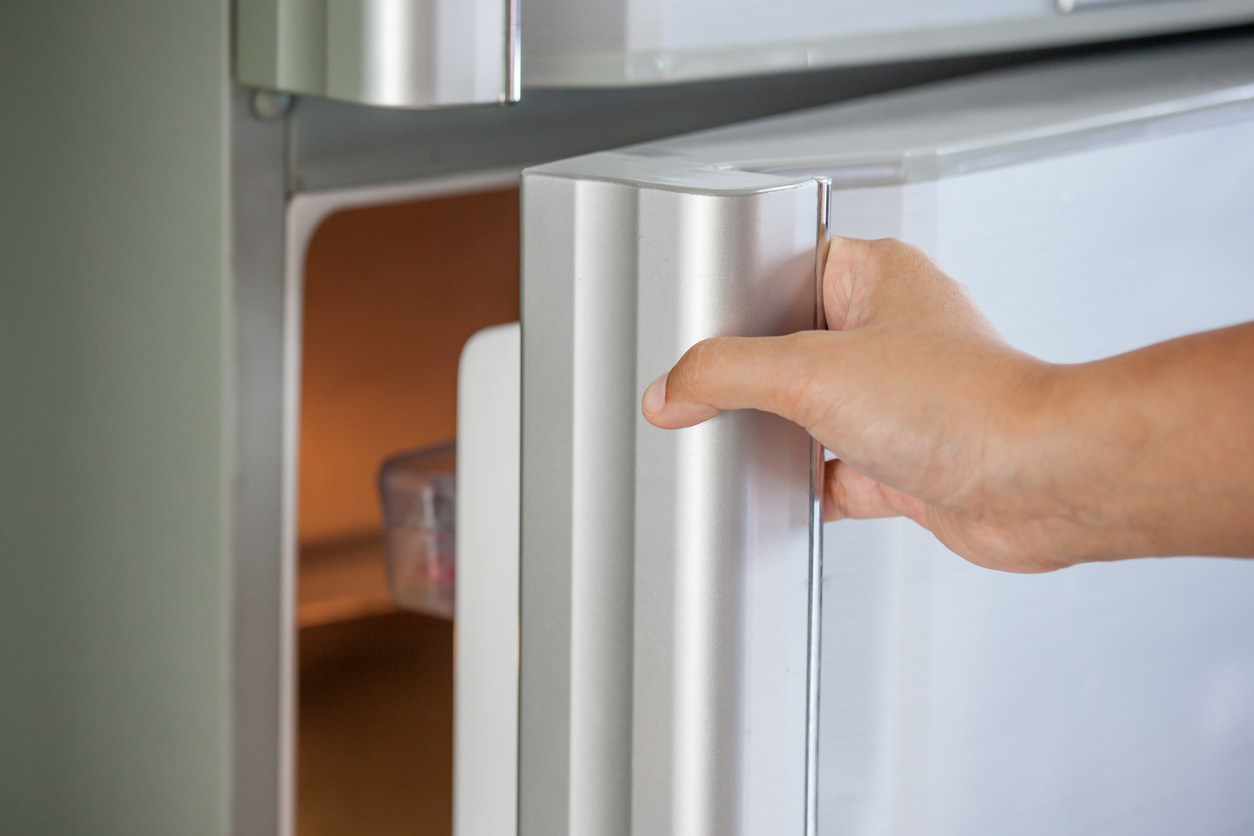
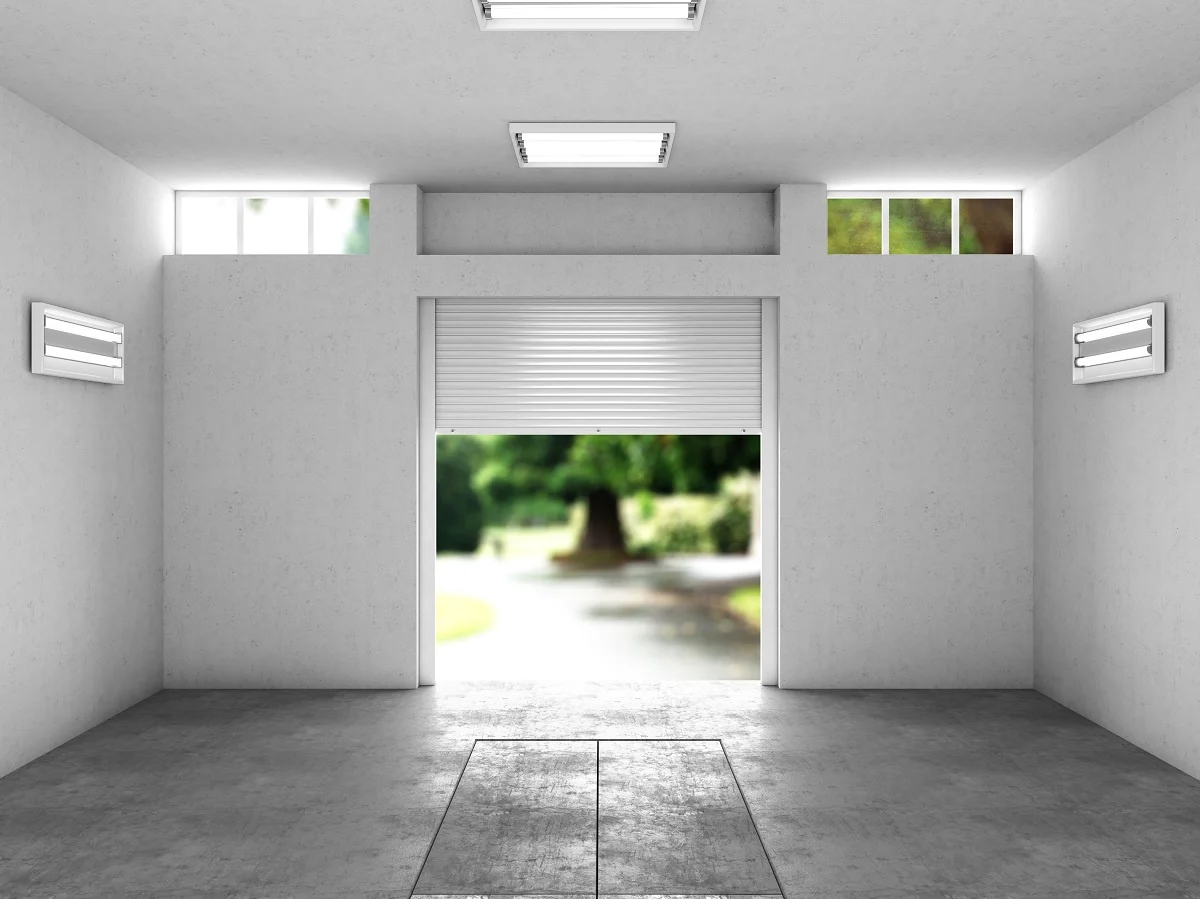
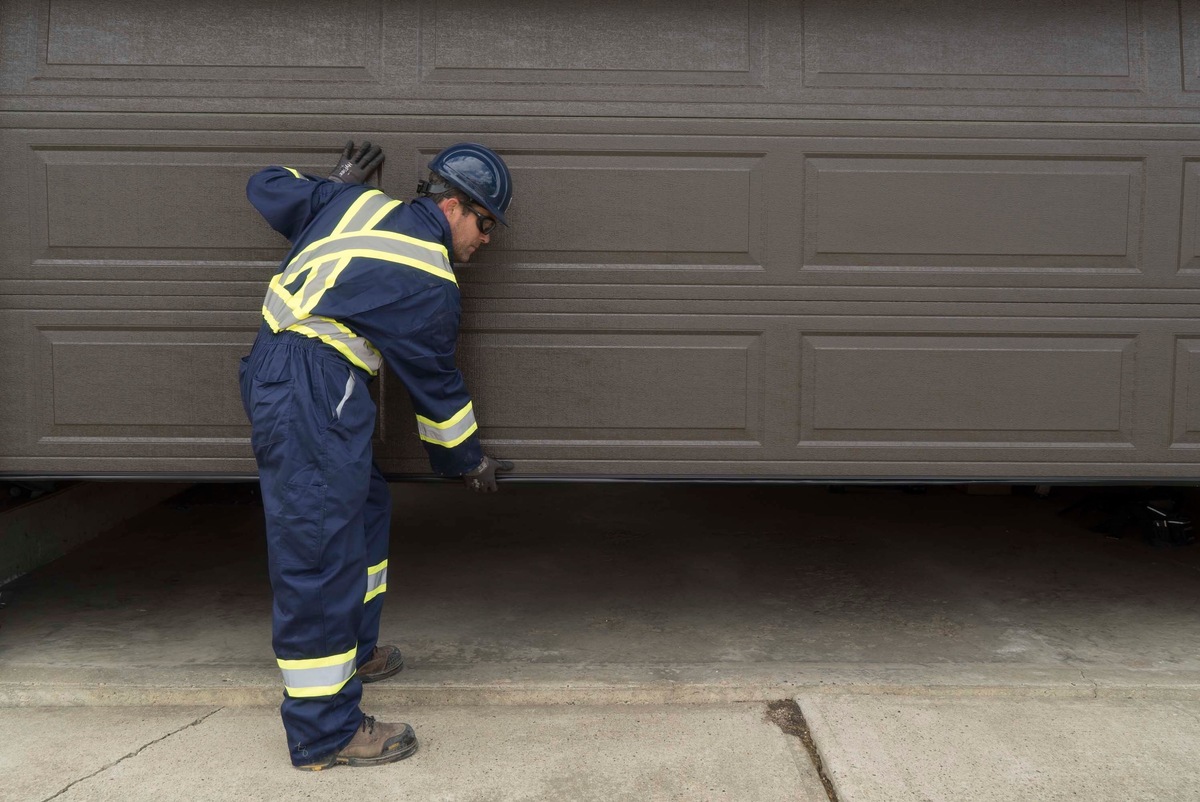
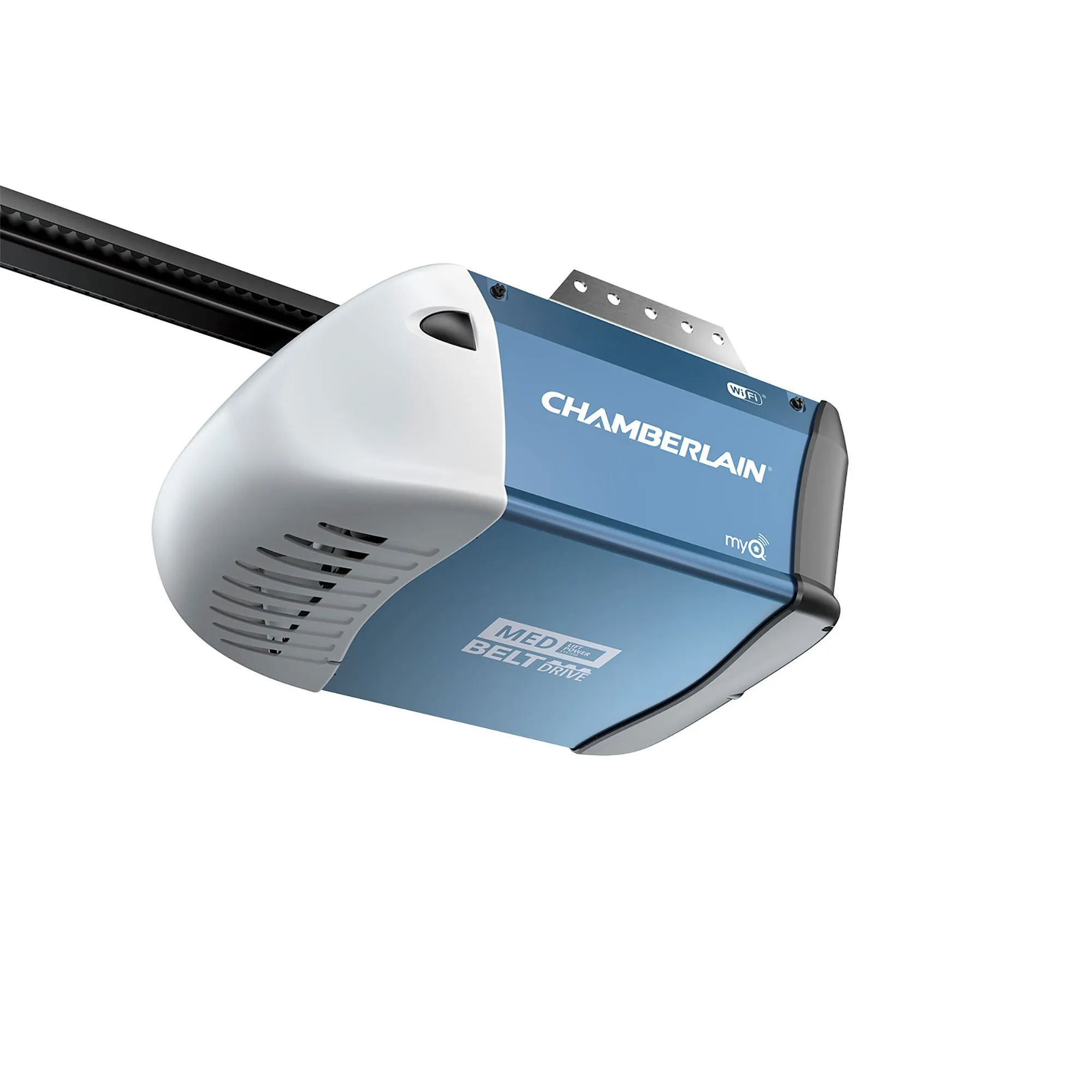
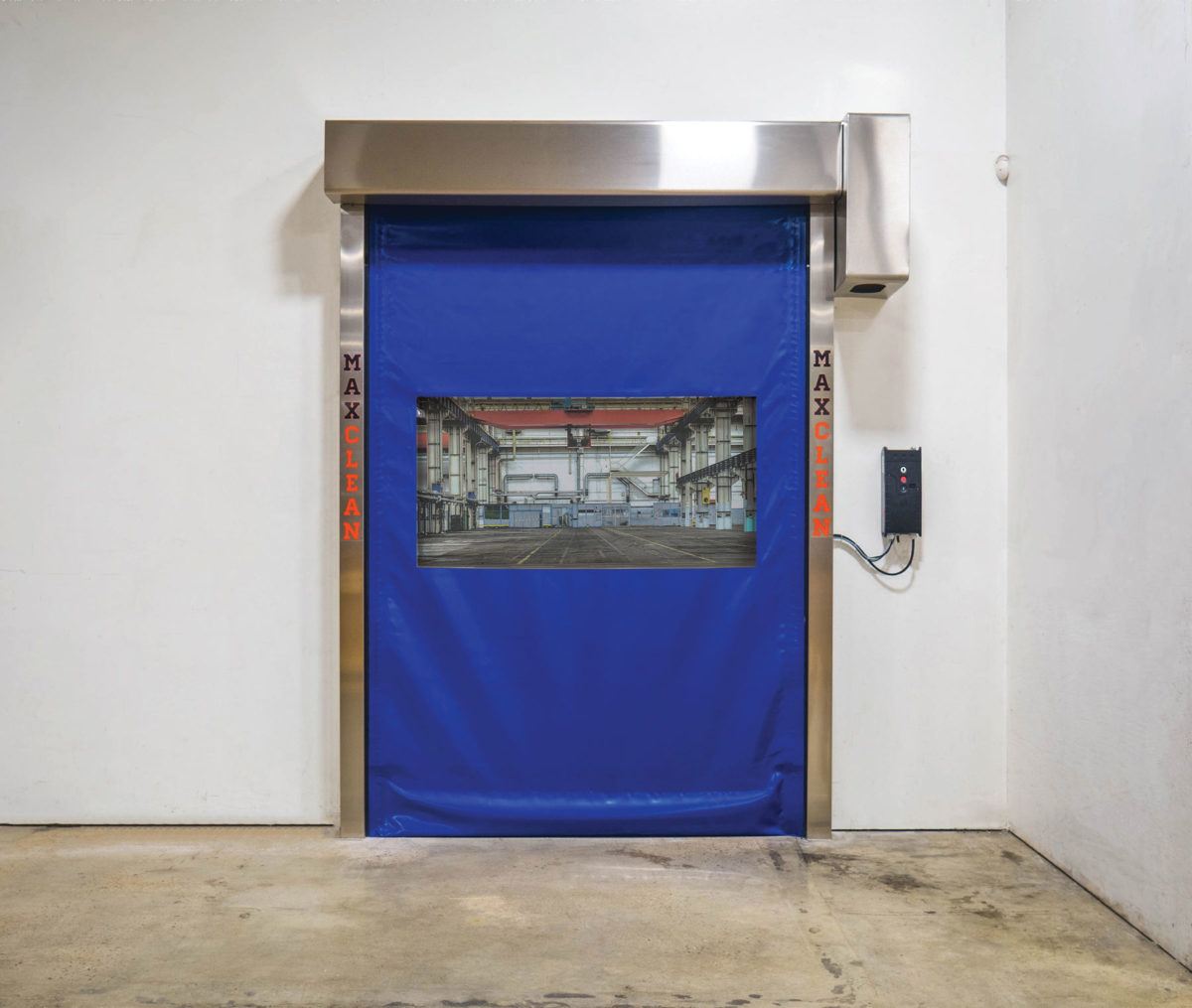
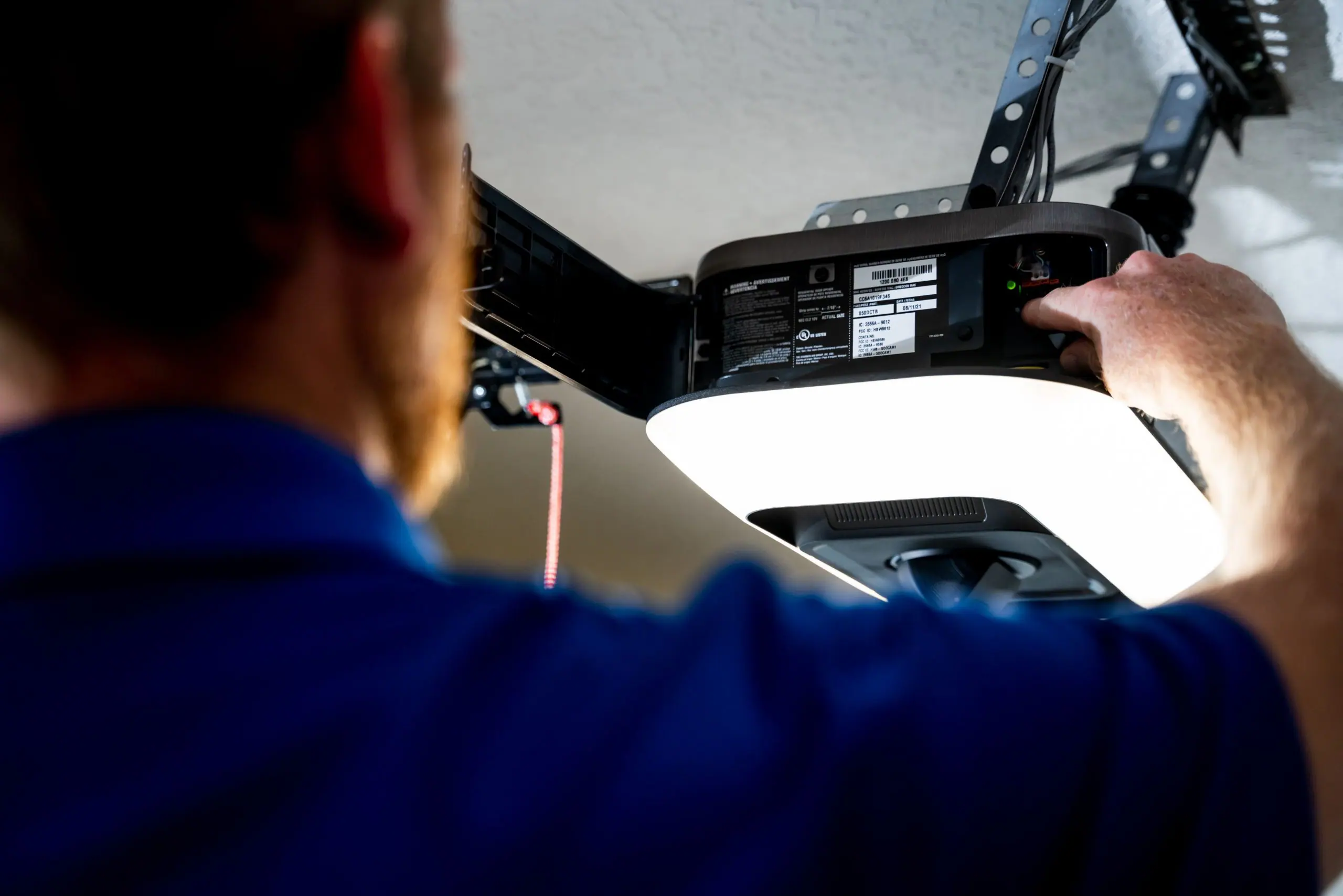

0 thoughts on “My Garage Door Makes A Loud Noise When Opening”